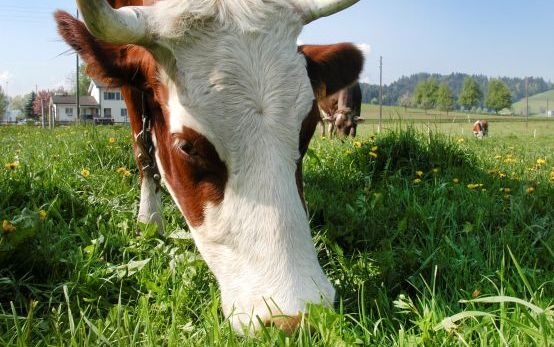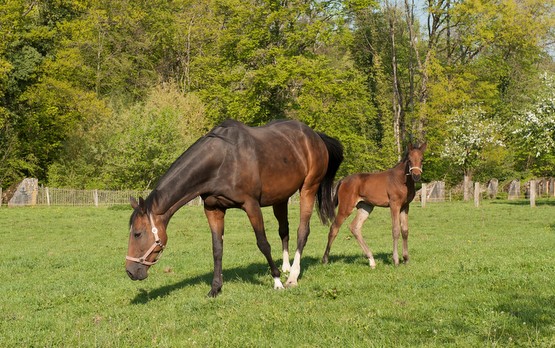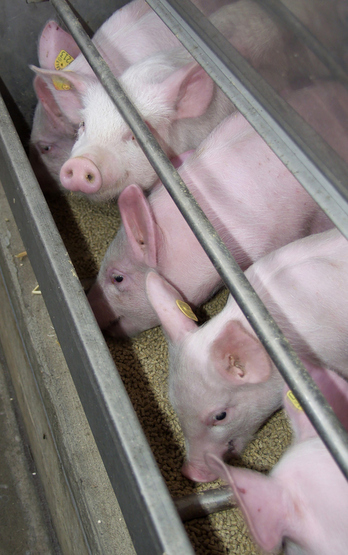Heat Stress in Grazing Dairy Cows
In Switzerland as elsewhere, global climate change is leading to more frequent heat waves. Dairy cattle are very susceptible to heat stress, which leads to reduced performance as well as negatively affecting animal health and well-being. Measures commonly used to deal with heat stress in housed cows are not practicable in the case of cows on pasture. A research project launched in 2018 therefore has two aims: to recognise incipient heat stress via behavioural traits, and to develop practical measures for reducing heat stress in grazing dairy cows.








